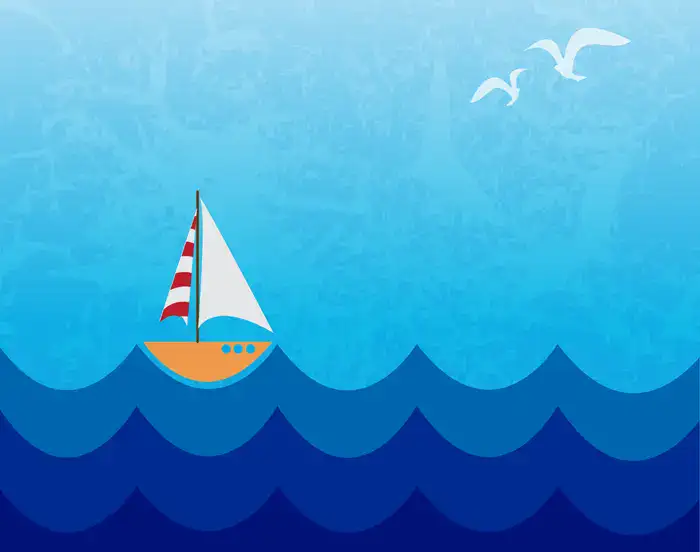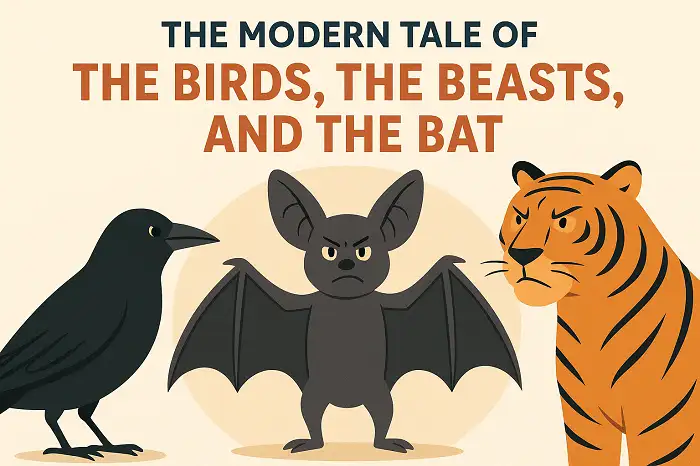The Shipwrecked Man and the Sea by Aesop for ESL students with a video, vocabulary practice in real context, and questions for discussion based on the English Immersion Program The Shipwrecked Man and the Sea is now in the public domain available on Gutenberg Project. Video of the Shipwrecked Man and the Sea The Shipwrecked Man and the Sea A shipwrecked man cast up on the beach fell asleep after his struggle with the waves. When he woke up, he bitterly reproached the sea for its treachery in enticing men with its smooth and smiling surface, and then, when they ...
Home » English Short Stories » The Shipwrecked Man and the Sea by Aesop with Video

The Shipwrecked Man and the Sea by Aesop with Video
Updated: by Dr. Mohammad Hossein Hariri Asl
Time to Read: 5 minutes | 266 Views | 4 Comments on The Shipwrecked Man and the Sea by Aesop with Video
Share This Post
About the Author
Dr. Mohammad Hossein Hariri Asl is an English and Persian instructor, educator, researcher, inventor, published author, blogger, SEO expert, website developer, entrepreneur, and the creator of LELB Society. He's got a PhD in TEFL (Teaching English as a Foreign Language).
Number of Posts: 4242



The shipwrecked man at first was angry at the sea because he was betrayed from the smiling face of the sea but then he found out that sea wasn’t the one that made all of the big waves of the sea , it was the aggressive winds.
You’re absolutely right, Soroosh. According to the short story, the sailor was so hasty and immature at judging others. This superficial look at things was one of the sources of his misery and depression.
A shipwrecked man was initially mad at the sea for its furious and fatal waves, but later on, he discovers that the sea is not to be blamed but the wind.
I believe the moral of this short fable is to put the blame on the right person and not to slander.
You surely got the main message of the fable right. The habit of blaming others unconditionally leads us nowhere. As a matter of fact, the sailor was barking up the wrong tree.